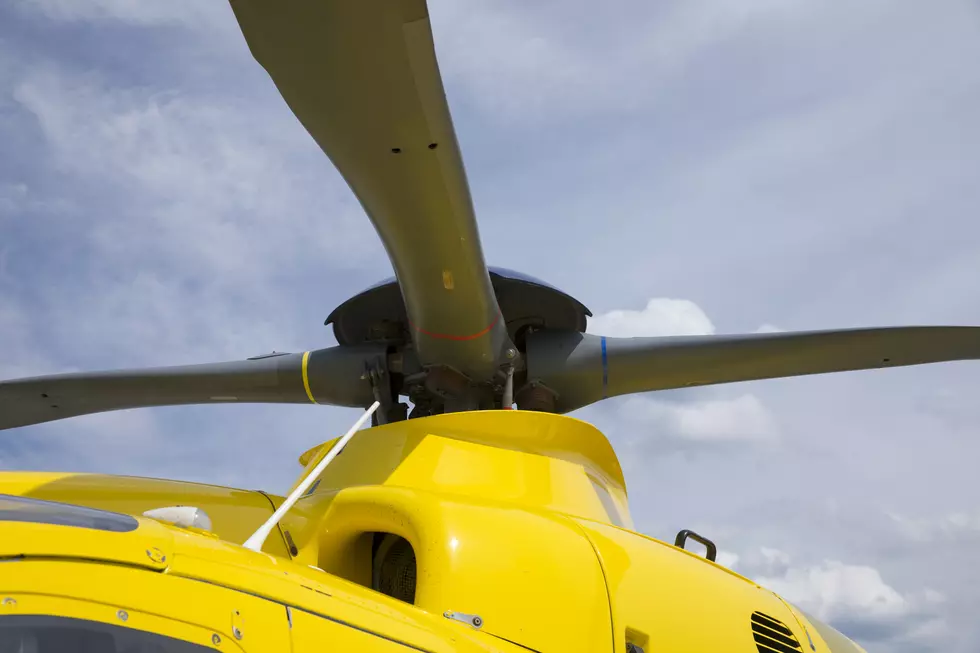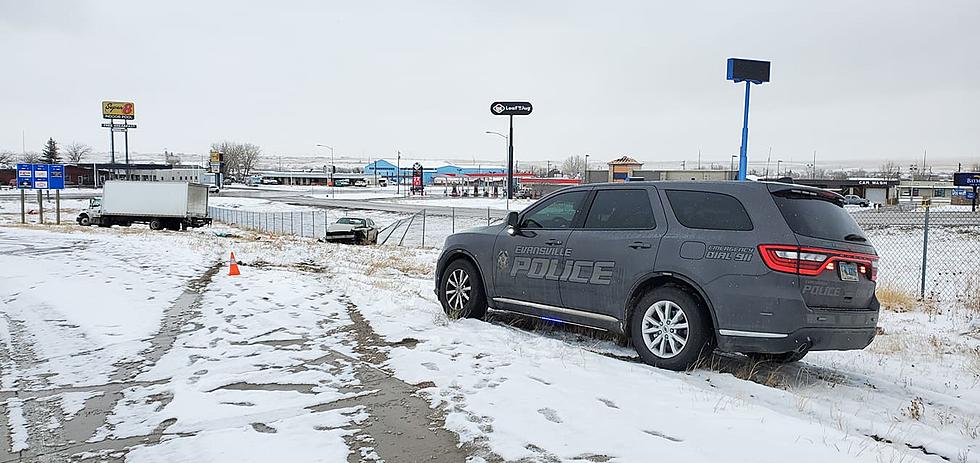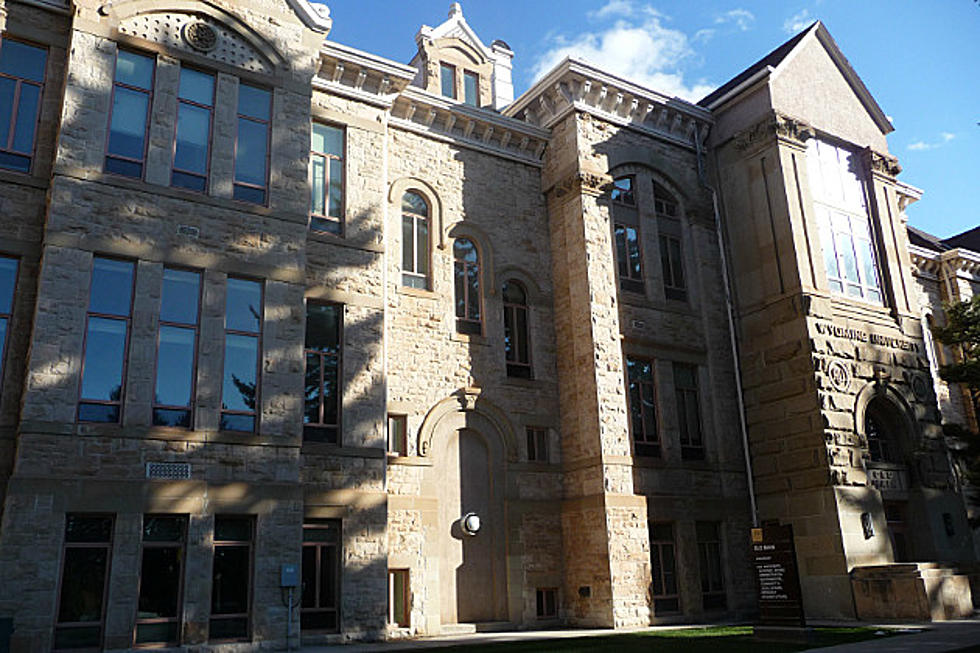
Air Ambulance From Wyoming Costs Man $489,000
Sometimes people are wrapped up in an emergency and have no idea what the real cost will be. By that, I mean financial costs.
This story, found in the Wyoming Business Report, demonstrates what to look out for in life-threatening emergencies that may have never crossed your mind otherwise.
COVID caused Sean Deines to lose his job as a bartender. He and his wife paid a visit to his grandfather in a remote part of Wyoming, that's when Sean began feeling ill.
Cut to an urgent care unit in Laramie. Sean learns that his white blood cell count is extraordinarily high.
They drove to a hospital in Casper. But once there Sean was quickly loaded aboard a helicopter and airlifted to the University of Colorado Hospital near Denver.
He was diagnosed: acute lymphoblastic leukemia, a fast-growing blood cancer.
Treatments continued back in their home state of North Carolina. It seemed Sean would beat this cancer.
Then came the bills and the insurance companies refused to step up.
Angel MedFlight flew Deines to North Carolina in an airplane, along with a nurse to oversee his IV medications and oxygen levels.
Blue Cross on Dec. 3 denied coverage for the air ambulance services because medical records did not support that it was an emergency. He was already in a medical facility and did not need to be moved.
Finally, Blue Cross sent Deines a check for $72,000 to cover part of the $489,000 bill, which he forwarded to the air ambulance company. The explanation of benefits showed the majority of the charges were ruled “not medically necessary.” (Wyoming Business Report).
Still unemployed and undergoing treatment, this would not be the time for debt collectors to show up. Yet arrive they did.
The bill disappeared only after the press got involved.
Shortly after a KHN reporter contacted the communications representatives for both the insurer and Angel MedFlight, Deines heard from both of them.
"We apologize for putting the member in the middle of this complicated situation," she said in an email that also noted, “the air ambulance company billed more than $70,000 just for ground transportation to and from the airport – more than 30 times the average cost of medical ground transport.” (Wyoming Business Report).
In an email, Sowers said Blue Cross had “ceased all recoupment efforts” related to Sean’s case.
A new law dictates medical air ambulances must give upfront cost estimates in nonemergency situations. If the law had been in effect at the time the Deines would have had a chance to decide if they wanted to be billed $489,000.
The entire story, in all its details, is lengthy but worth reading. You can find it in (Wyoming Business Report).
THE HISTORY & REBIRTH OF CHUGWATER WYOMING
A New Book About Wyoming's Big Nose George
More From Wake Up Wyoming









